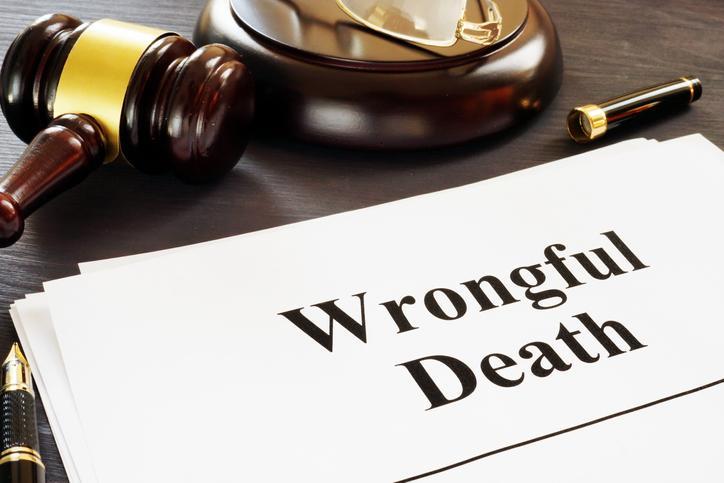If your loved one was killed due to someone else’s negligent or deliberate act, you may be able to file a wrongful death lawsuit. As you contemplate what to do, it will be helpful to learn about Florida’s rules regarding the types of damages that may be recovered in behalf of the deceased’s estate and his or her surviving family.
Under Florida law, wrongful death occurs when a person dies due to a “wrongful act, negligence, default or breach of contract of warranty” committed by someone else. Wrongful death claims often stem from car accidents, medical malpractice or injuries from defective products.
Under the Florida Wrongful Death Act, only the personal representative of the decedent’s estate is eligible to file a wrongful death action. This is different from many other states where a surviving spouse, child or other relative may file the action directly. However, while Florida requires the personal representative to file, any proceeds that are won from the case generally belong to the surviving relatives.
A personal representative is appointed by a probate court. If your loved one had a will, the personal representative will probably be named in that document. If not named, then the personal representative will be someone nominated by a majority of the estate’s beneficiaries. If there was no will, the personal representative will be the surviving spouse (if any) or someone nominated by a majority of the heirs.
If the wrongful death case is won, the court will order the defendant to pay damages (compensation). In Florida, wrongful death compensation is awarded as follows:
- Compensation for the family — This may include damages for the loss of support and services the deceased provided to family members; the loss of the deceased person’s companionship and protection; the loss of parental companionship, instruction and guidance; mental pain and suffering of family members; and any medical and funeral expenses paid by a family member.
- Compensation for the estate — This may include damages for lost wages, benefits and other earnings from the date of injury to the date of death; the expected value of the estate if the deceased had been able to continue earning and enlarging the estate; and medical and funeral expenses paid by the estate.
The amount of compensation ultimately awarded depends on dozens of factors, including the age of the decedent, his or her occupation and income and the circumstances of the death.
Largey Law Firm has helped many Central Florida families obtain compensation after the wrongful death of a loved one. We are ready to hear your story and evaluate your potential claim. Contact us online to schedule a free initial consultation at our offices in Tavares, Inverness or Claremont.


